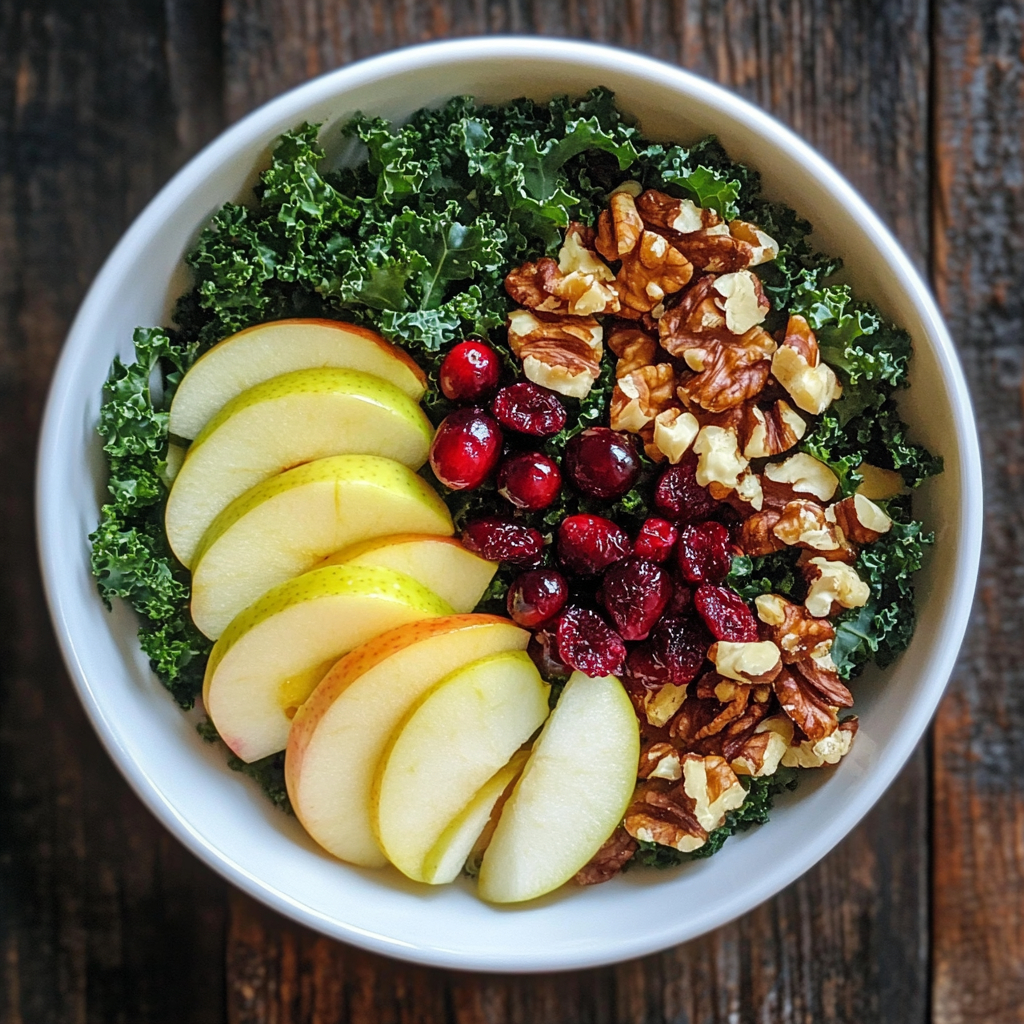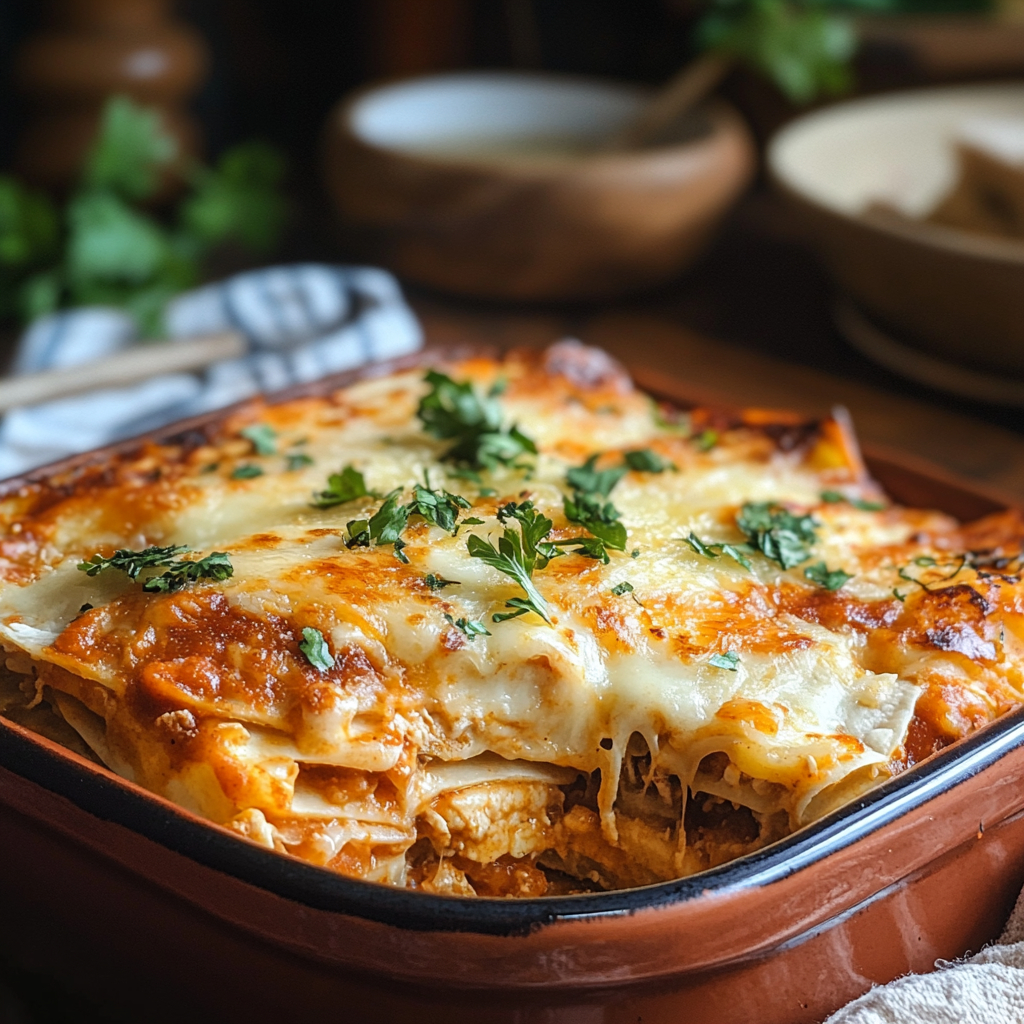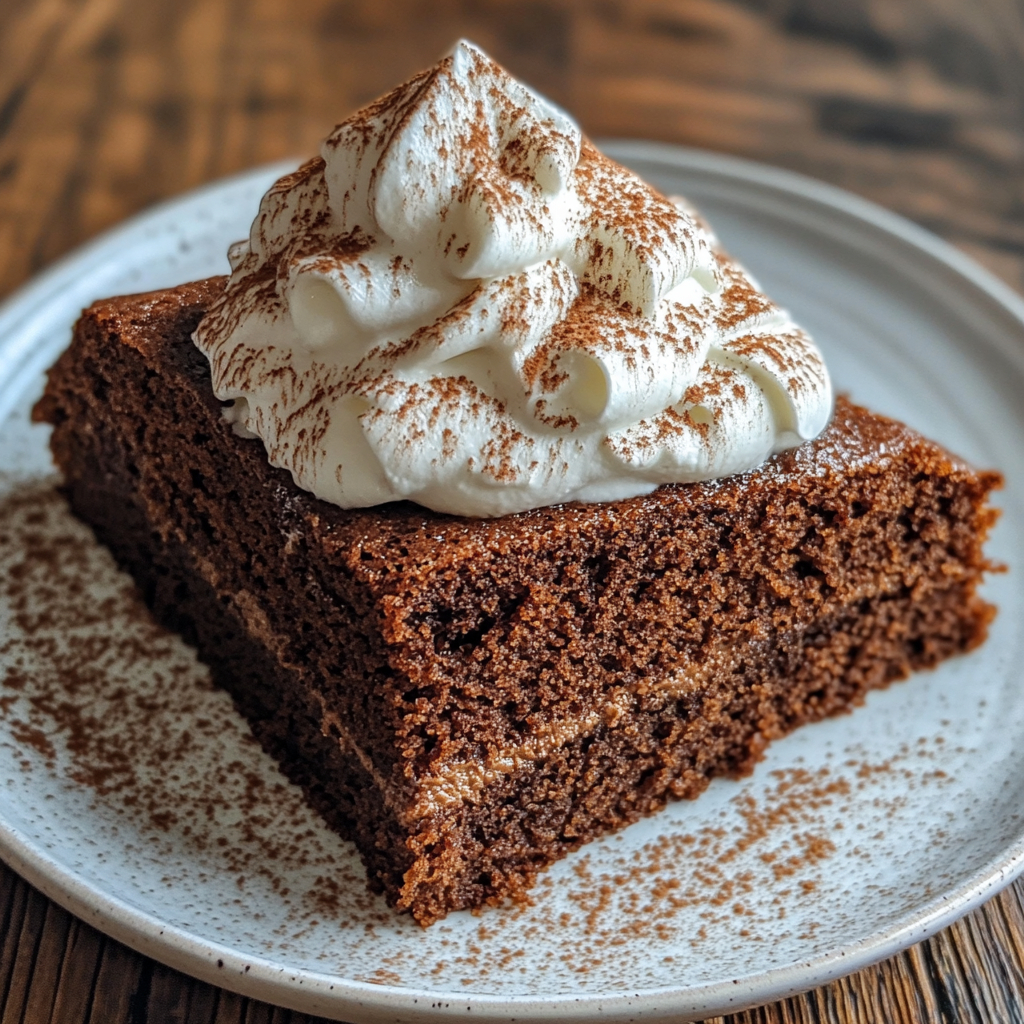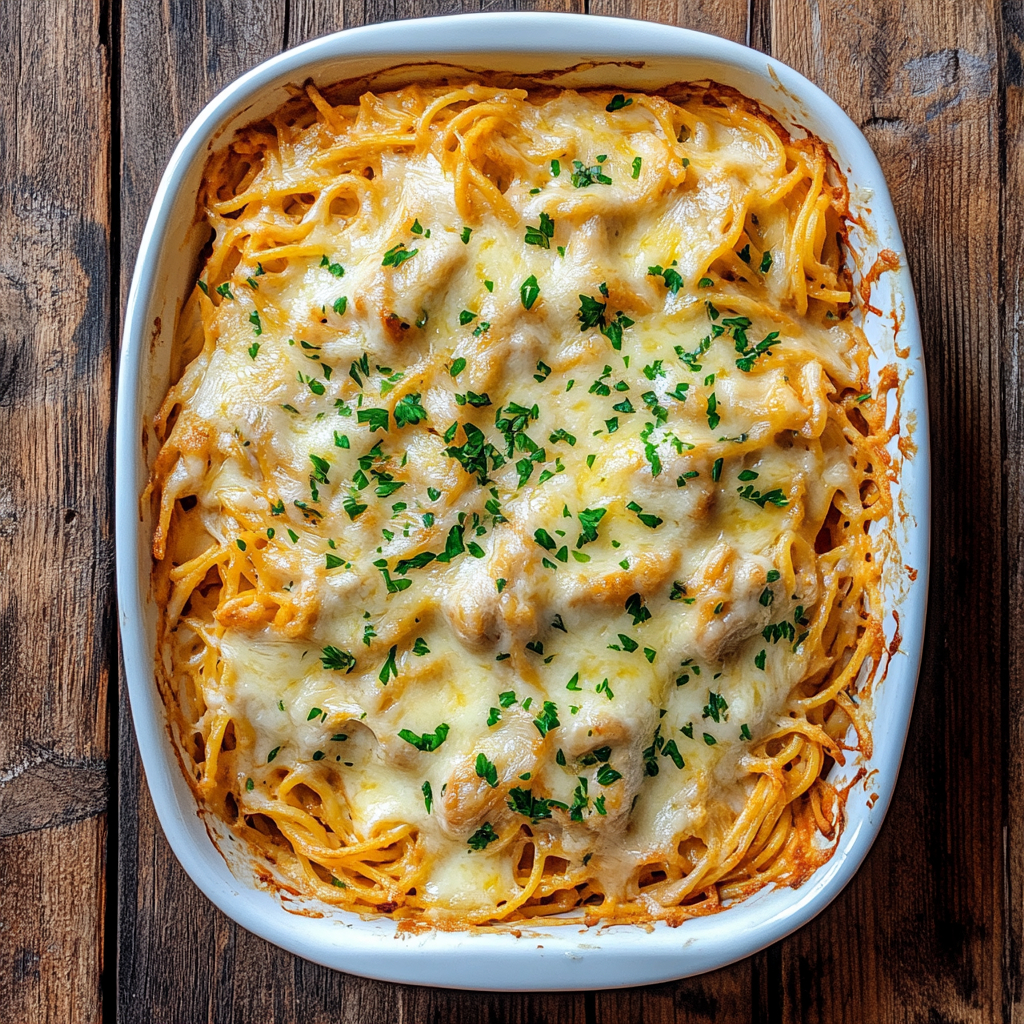Introduction
What does Costco do with unsold rotisserie chicken?
You might have wondered what happens to Costco’s unsold rotisserie chicken at the end of the day. These savory and budget-friendly chickens are incredibly popular, but like any food business, Costco sometimes has leftovers. The good news? Instead of wasting perfectly good food, Costco repurposes these unsold chickens into delicious meals like chicken pot pies, soups, and salads, helping to reduce food waste and keep customers happy.
Why Costco’s Rotisserie Chicken is So Popular
Costco’s rotisserie chicken has earned a cult following for several reasons:
- Low Price: At $4.99, it is one of the most affordable ready-to-eat meals.
- Quality and Taste: Costco uses high-quality, seasoned chickens roasted to perfection.
- Convenience: Customers love that it’s a quick, healthy dinner option.
The combination of value, taste, and convenience keeps customers returning for this budget-friendly staple.
How Costco Manages Rotisserie Chicken Production
To meet high demand, Costco produces rotisserie chickens in large quantities. The chickens are roasted in-house throughout the day to ensure they are always fresh and readily available. This production method keeps customers satisfied but also raises an important question:
What happens to the chickens that don’t sell by the end of the day?
What Happens to Unsold Rotisserie Chicken?
Costco doesn’t let food go to waste. They’ve adopted a systematic approach to handling unsold rotisserie chickens to maintain their reputation for affordability and sustainability.
Reusing Unsold Rotisserie Chicken in Deli Items
One key solution Costco employs is repurposing the unsold chicken into deli items and prepared meals. This allows the company to get the most value out of its chickens while minimizing waste.
Turning Unsold Chicken into Prepared Meals
Unsold rotisserie chickens are often used as ingredients for other popular items available in the store. This strategy not only prevents waste but also gives customers more meal options.
Sustainability Efforts by Costco
Costco takes its responsibility toward the environment seriously. By focusing on sustainability, they ensure their operations are as efficient as possible.
Reducing Food Waste
Costco has implemented measures to reduce food waste by:
- Repurposing leftovers into other products.
- Monitoring demand to avoid overproduction.
Recycling and Repurposing Leftovers
The unsold chickens are broken down and used creatively. From soups to salads, Costco ensures that no chicken goes to waste.
What Does Costco Do With Unsold Rotisserie Chicken in Deli Foods?
The unsold chickens are most commonly used in Costco’s deli section. The meat is deboned, shredded, and repurposed into ready-to-eat products. These include popular items that customers love, such as:
- Chicken Salad
- Chicken Pot Pies
- Chicken Noodle Soup
Prepared Food Options Made with Unsold Rotisserie Chicken
Chicken Salad
One of Costco’s top deli items, chicken salad, is made using the leftover meat from unsold rotisserie chickens. It’s affordable, delicious, and perfect for quick lunches.
Chicken Pot Pies
Costco’s chicken pot pies are another crowd-pleaser. The flavorful filling, made with shredded rotisserie chicken, ensures nothing goes to waste.
Chicken Noodle Soup
Costco transforms unsold chicken into hearty chicken noodle soup. This option provides comfort food for customers while maximizing sustainability.
How Costco Ensures Food Safety in Repurposing Unsold Chicken
Costco follows strict food safety protocols when handling unsold rotisserie chickens. These include:
- Immediate refrigeration to maintain freshness.
- Strict sanitation standards during repurposing.
- Clear labeling for repurposed products to track quality and shelf life.
These steps guarantee that all deli items made from unsold chickens are safe and delicious.
Benefits of Repurposing Unsold Rotisserie Chicken
Repurposing unsold rotisserie chicken offers several advantages:
- Cost-Effectiveness: Costco saves money by minimizing waste.
- Waste Reduction: This strategy aligns with Costco’s sustainability goals.
- Meeting Customer Demand: Repurposed chicken products are highly popular among shoppers.
Does Costco Donate Unsold Rotisserie Chickens?
While Costco focuses on repurposing chickens, donations are another option. Some Costco locations collaborate with local food banks or charities to donate unsold food that meets safety standards. This effort supports the community while reducing waste.
Comparing Costco’s Approach to Other Retailers
Unlike some competitors that discard unsold items, Costco prioritizes reuse and recycling. Their innovative approach to handling food waste sets them apart in the retail industry.
The Role of Rotisserie Chicken in Costco’s Business Model
Rotisserie chickens aren’t just a delicious product—they’re a strategic part of Costco’s business model. They attract customers to the store, driving foot traffic and boosting sales of other items.
Customer Satisfaction and Costco’s Chicken Strategy
Costco’s focus on quality, affordability, and sustainability ensures that customers remain satisfied with their rotisserie chicken offerings. Repurposed products like chicken salad and soups keep shoppers coming back for more.
Conclusion
So, what does Costco do with unsold rotisserie chicken? They repurpose it into popular deli items like chicken salad, pot pies, and soups. By doing this, Costco reduces waste, maximizes value, and satisfies customers. This innovative approach highlights Costco’s commitment to quality, sustainability, and cost-effectiveness.
What Does Costco Do With Unsold Rotisserie Chicken?
You might have wondered what happens to Costco’s delicious rotisserie chickens that don’t get sold by the end of the day. Given the sheer popularity of these savory birds — priced attractively and often served as a go-to dinner option — it’s easy to assume they all fly off the shelves. But like any food operation, Costco does face surplus, and what they do with their unsold chickens might surprise you.
The Smart Reuse Strategy
Costco is incredibly resourceful with its unsold rotisserie chickens. Rather than wasting perfectly good food, Costco repurposes these chickens into other delicious items. Shredded rotisserie chicken becomes a key ingredient in Costco’s famous chicken pot pies, soups, and even salads.
This sustainable approach helps minimize food waste while allowing Costco to keep offering affordable meals to its customers. For instance, when making their prepared meals like chicken noodle soup, the rotisserie leftovers are stripped, seasoned, and given new life in ready-to-eat form.
For more ways to creatively reuse leftover rotisserie chicken at home, check out these amazing recipes for leftover rotisserie chicken.
Why It Makes Economic Sense
Rotisserie chickens are sold at an incredibly competitive price. Costco reportedly keeps them as a loss leader to attract customers into the store. If unsold, they become part of other products, which helps balance costs. This smart, efficient use benefits both Costco’s bottom line and its customers.
Curious about how long you can keep leftover rotisserie chicken in your fridge? Learn more from this guide on rotisserie chicken storage.
Reducing Food Waste Is a Win for All
Costco’s practice of repurposing unsold chickens is part of a broader movement to reduce food waste in the grocery industry. According to Feeding America, roughly 30-40% of the U.S. food supply is wasted each year. Companies like Costco are leading the way with initiatives to ensure surplus food finds new value rather than ending up in landfills.
If you’re planning meals for the week and want to maximize your use of rotisserie chicken, check out tips on how to meal prep with rotisserie chicken.
What Can You Do at Home?
Costco’s strategy can inspire your kitchen habits as well. If you have leftover chicken:
- Shred it for tacos, burritos, or enchiladas.
- Toss it into soups or stews.
- Use it as a topping for salads, pizzas, or grain bowls.
For more tips on minimizing food waste and cooking efficiently, check trusted resources like the U.S. Environmental Protection Agency’s guidelines on food recovery.
Final Thoughts
Costco’s handling of unsold rotisserie chickens shows its commitment to sustainability, smart economics, and customer value. The next time you savor that chicken noodle soup or enjoy their famous pot pie, remember — it’s part of a broader effort to reduce waste and make the most of every delicious bite.
For more inspiration, explore recipes and strategies to get the most out of your meals from trusted sources like Serious Eats or Food Network.
Frequently Asked Questions
1. How does Costco’s strategy for unsold rotisserie chicken benefit customers?
Costco’s approach to handling unsold rotisserie chickens directly benefits customers by creating a variety of high-quality, affordable deli options. Instead of discarding leftover chickens, Costco repurposes them into customer-favorite items like chicken salad, chicken pot pies, and hearty chicken noodle soup. These products are not only tasty but also convenient for busy shoppers looking for quick, ready-to-eat meals.
Repurposed products maintain Costco’s commitment to quality. The unsold rotisserie chickens are deboned, prepared, and immediately refrigerated under strict safety protocols, ensuring freshness and flavor. This process means that customers enjoy premium meals at reasonable prices, with no compromise on quality.
Additionally, repurposing unsold chickens helps Costco keep their popular $4.99 rotisserie chicken affordable. By maximizing value from every chicken produced, Costco reduces waste and operating costs, which translates to continued savings for shoppers.
For customers who care about sustainability, Costco’s strategy aligns with environmentally friendly practices. By creatively repurposing leftovers, Costco reduces food waste while offering delicious meal solutions. It’s a win-win: shoppers get more variety and affordability, while knowing their favorite store is contributing to a greener future.
The bottom line? Costco’s efficient use of unsold rotisserie chickens allows customers to enjoy budget-friendly, flavorful meals, saves them time in the kitchen, and promotes sustainable choices.
2. How does repurposing unsold rotisserie chicken benefit the environment?
Costco’s repurposing strategy for unsold rotisserie chickens significantly benefits the environment by minimizing food waste. In an age where food waste is a growing global concern, Costco sets an example by ensuring no chicken goes unused. Rather than discarding unsold rotisserie chickens, they are broken down, deboned, and transformed into ready-to-eat deli items like soups, salads, and pot pies.
Reducing food waste has numerous environmental benefits. For starters, it helps lower methane emissions from landfills, where discarded food often decomposes and releases harmful gases into the atmosphere. By creatively repurposing leftovers, Costco prevents thousands of pounds of food from ending up in landfills, contributing to a healthier environment.
Costco’s efforts also conserve natural resources. Producing food requires water, energy, and other resources. When food goes unused, those resources are wasted. By reusing unsold rotisserie chickens, Costco ensures that the resources invested in raising, cooking, and transporting the chickens are not lost.
This eco-friendly approach also aligns with growing consumer demand for sustainability. Shoppers increasingly prefer to support companies that prioritize environmental responsibility, and Costco’s method for handling unsold food builds trust and loyalty among eco-conscious customers.
Ultimately, Costco’s strategy reduces food waste, lowers environmental impact, and promotes more efficient resource usage—all while delivering delicious, high-quality meals to customers.
3. How does repurposing unsold rotisserie chicken save Costco money?
Repurposing unsold rotisserie chickens is a cost-effective solution that helps Costco maintain its low prices while maximizing efficiency. Instead of discarding leftover chickens and taking a financial loss, Costco transforms them into ready-to-eat deli products like chicken salad, chicken noodle soup, and pot pies. This strategy ensures that every chicken contributes to the company’s bottom line.
The financial benefit lies in waste reduction. Food waste is expensive—not only does it mean lost inventory, but it also involves additional costs for disposal. By repurposing unsold rotisserie chickens, Costco minimizes waste-related expenses, ultimately saving money on both inventory loss and operational costs.
Costco’s approach also helps them maintain the price of their iconic $4.99 rotisserie chicken, which is a major draw for customers. While the low price may seem unprofitable, Costco leverages unsold chickens to create new revenue streams. The deli items made from leftover chickens generate significant sales, balancing out any losses from unsold rotisserie chickens.
This smart use of resources also improves overall efficiency. By reducing the need for additional raw ingredients to create deli items, Costco optimizes its supply chain and labor costs. Employees can seamlessly repurpose chickens, streamlining production processes.
For customers, these savings translate to better deals and affordable meal options. Costco’s strategy ensures they maintain their reputation for delivering value while reinforcing their financial stability. In essence, repurposing unsold chickens is both smart business and smart savings.
4. How does Costco’s rotisserie chicken strategy align with sustainability goals?
Costco’s handling of unsold rotisserie chickens is a prime example of their commitment to sustainability. By repurposing chickens into deli items instead of discarding them, Costco reduces food waste—a critical step toward environmental responsibility.
Food waste is a major contributor to global environmental issues. When food ends up in landfills, it produces methane, a potent greenhouse gas. By creatively reusing unsold rotisserie chickens, Costco prevents waste and lowers their overall environmental footprint.
Costco’s sustainability efforts extend to resource conservation. Producing chicken requires water, energy, and feed. When food is thrown away, those resources are wasted. By repurposing unsold chickens, Costco ensures that the environmental investment in raising and cooking the chickens is fully utilized.
Additionally, this strategy supports Costco’s broader sustainability initiatives. Many retailers are under pressure to reduce waste, and Costco’s innovative approach sets a strong example for the industry. Their efforts demonstrate that businesses can be both profitable and environmentally conscious.
This sustainability focus also resonates with customers. Shoppers increasingly prefer to support companies that prioritize eco-friendly practices. Costco’s ability to reduce waste while maintaining quality builds trust and loyalty among environmentally conscious consumers.
By aligning their operations with sustainability goals, Costco proves that businesses can thrive while doing their part to protect the planet.
5. How do customers benefit from Costco’s commitment to reducing food waste?
Customers directly benefit from Costco’s focus on reducing food waste in several ways. By repurposing unsold rotisserie chickens, Costco creates delicious, affordable deli products like chicken salad, soups, and pot pies. These options provide added convenience for shoppers who want quick, ready-to-eat meals without sacrificing quality or taste.
One key benefit is affordability. Costco’s ability to repurpose chickens helps keep prices low across their deli section. By reducing waste, Costco minimizes financial losses, allowing them to pass on the savings to customers. Shoppers enjoy high-quality meals at budget-friendly prices—perfect for families, busy professionals, and anyone looking to save time and money.
Customers also benefit from Costco’s sustainability efforts. By reducing food waste, Costco contributes to a healthier environment. Many shoppers appreciate supporting businesses that align with their values, and Costco’s focus on sustainability makes customers feel good about where they spend their money.
Repurposed products also add variety to Costco’s offerings. Whether you’re craving a hearty chicken noodle soup, a creamy chicken pot pie, or a fresh chicken salad, there’s something for everyone. These deli options ensure that Costco delivers maximum value and convenience to its shoppers.
In short, Costco’s food waste reduction strategy means better prices, delicious options, and a commitment to environmental responsibility—benefits that customers enjoy with every purchase.






